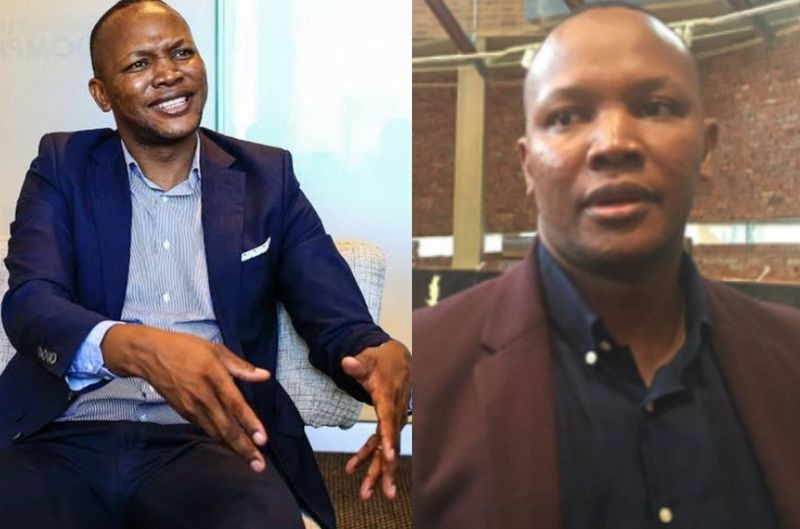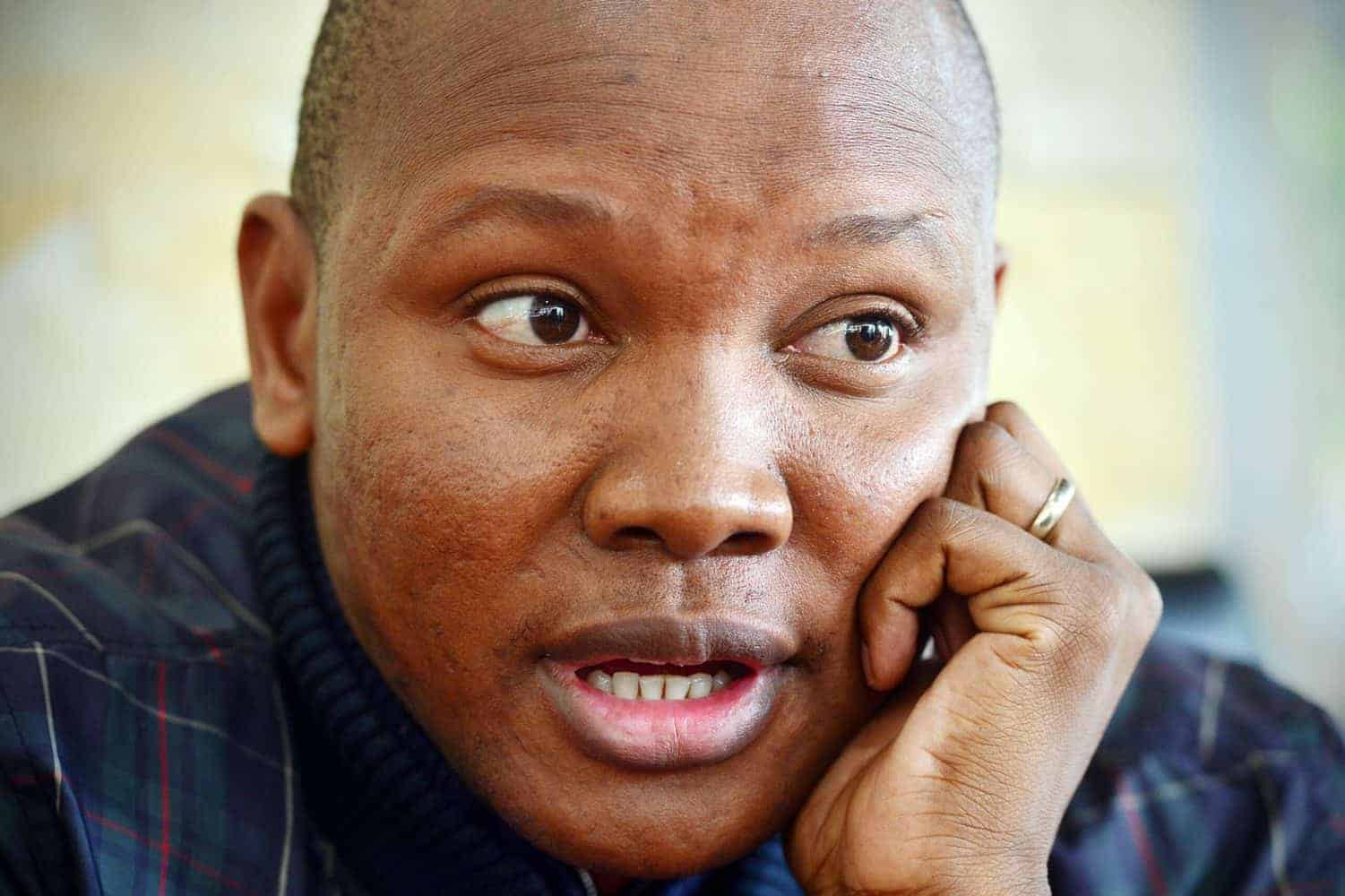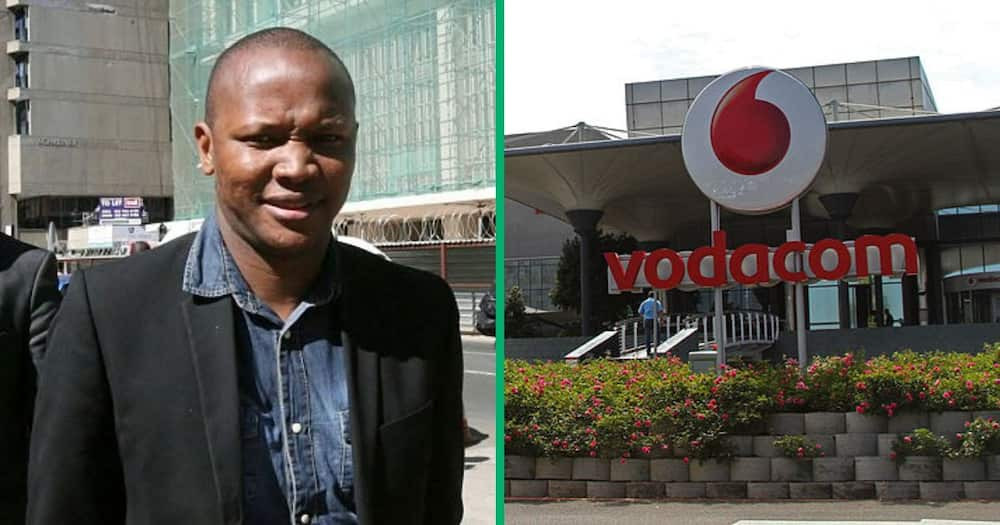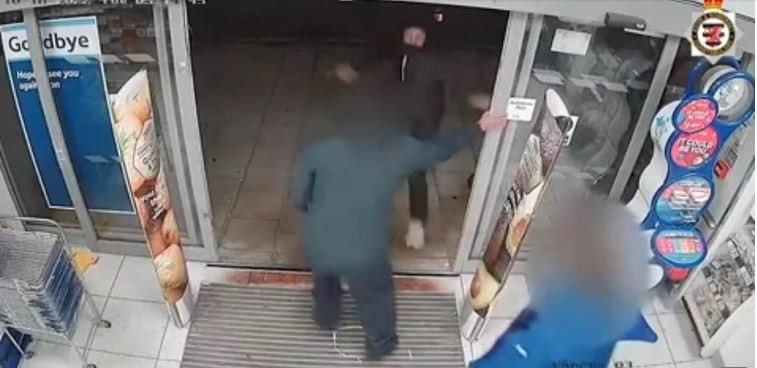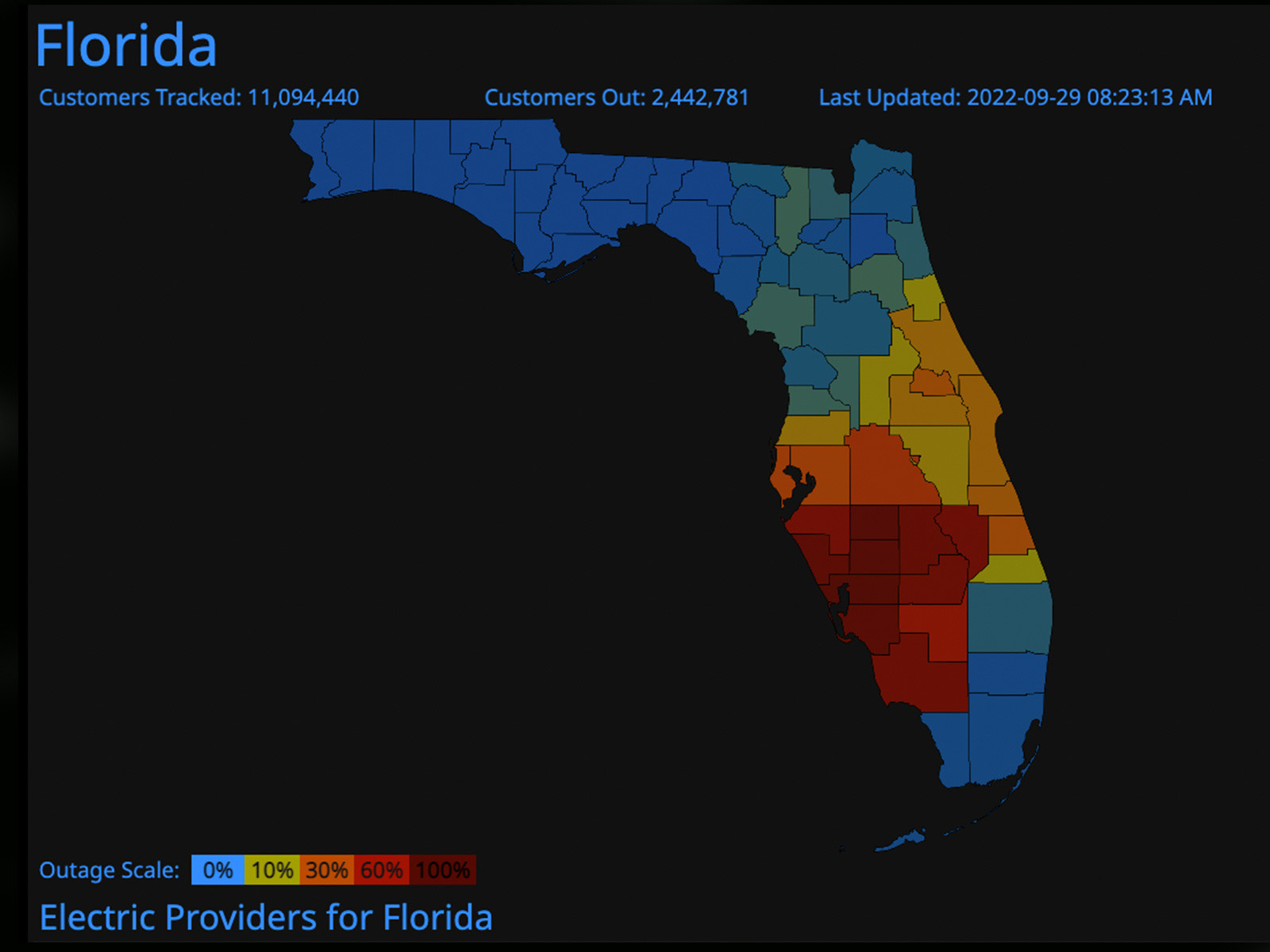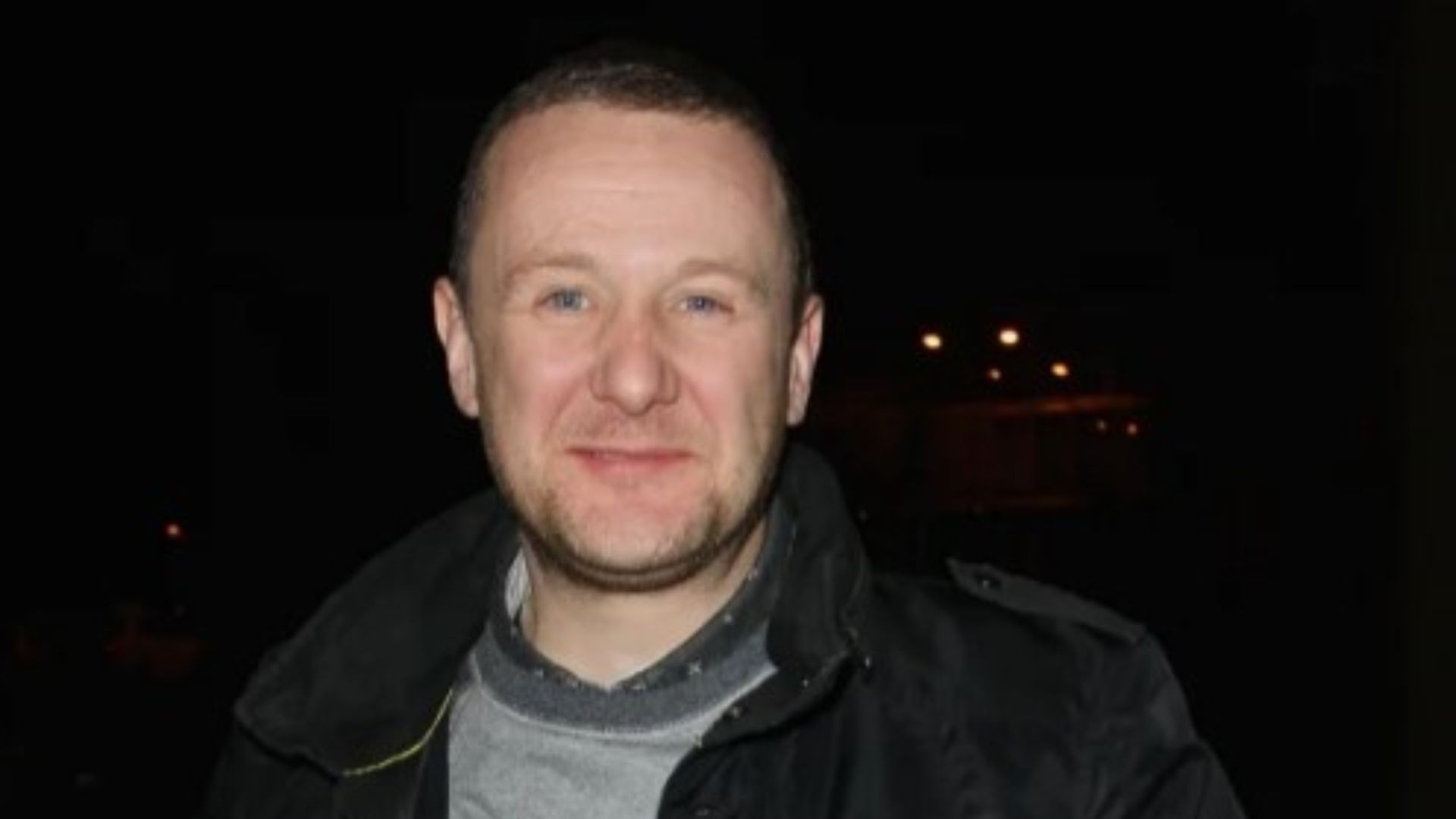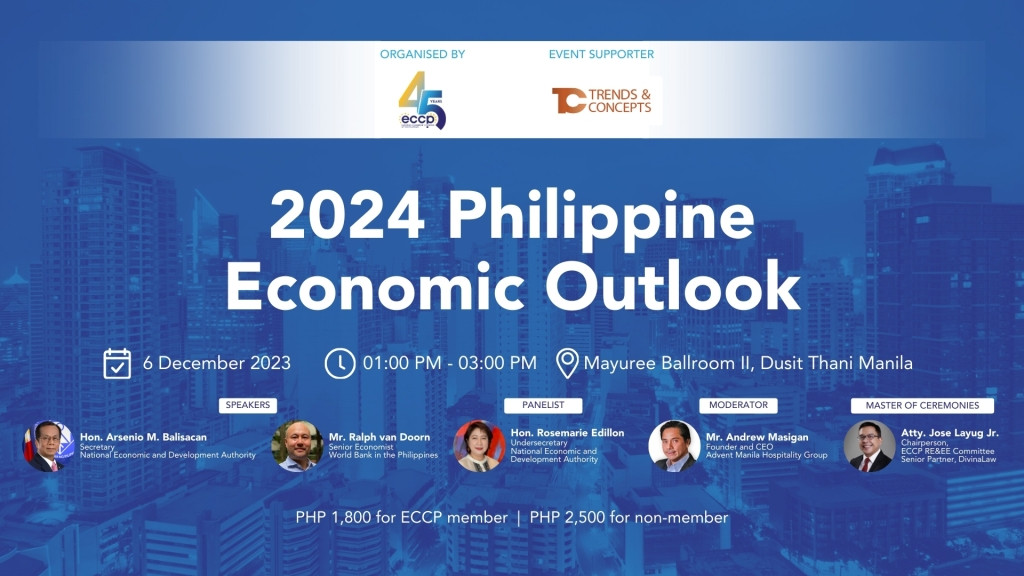Vodacom's 'Please Call Me' Deception: A Timeline of Lies and Legal Battles
The 'Please Call Me' feature, a ubiquitous function in modern mobile phones, has been a source of contention and controversy in South Africa, particularly due to Vodacom's persistent denial of its rightful inventor. This saga, spanning years, has unfolded through a complex web of legal battles, accusations, and revelations that have brought to light the ethical shortcomings of a corporate giant and the challenges faced by inventors seeking recognition and compensation for their contributions.
The Origin of the Idea
In 1999, Nkosana Makate, a then-employee of Vodacom, conceived the 'Please Call Me' feature, an ingenious solution for individuals without airtime to request a call back from their contacts. His idea, born out of a personal need, was pitched to his superiors, who were initially receptive, expressing interest in its potential for increasing customer engagement and revenue generation. However, this initial interest soon waned, with Vodacom dismissing Makate's proposition, claiming it was not commercially viable and lacked feasibility. The company's dismissive response left Makate disheartened but determined to pursue his idea further, seeking to secure recognition and compensation for his valuable contribution.
A Legal Battle for Recognition and Justice
Makate, fueled by the conviction that his idea held significant value, launched a legal battle against Vodacom, seeking to establish his claim as the rightful inventor of the 'Please Call Me' feature. His case, based on the premise that Vodacom had unjustly profited from his idea without proper compensation, was met with fierce resistance from the telecom giant. Vodacom, in its defense, maintained that the idea was not original and was already in existence, further denying any knowledge of Makate's contribution. This denial was met with widespread public skepticism, particularly given the sheer scale of the 'Please Call Me' feature's usage and revenue potential.
The Long Road to Justice
The legal battle, spanning over a decade, proved to be a grueling process, characterized by numerous legal proceedings, appeals, and court rulings. The case, deeply rooted in the principle of intellectual property rights and the ethics of corporate behavior, ignited public discourse and galvanized support for Makate's cause. Public opinion, heavily swayed by the apparent injustice of Vodacom's actions, further pressured the company to reconsider its stance. The courts, after carefully reviewing the evidence and considering the arguments presented, ultimately ruled in favor of Makate, recognizing his status as the inventor of the 'Please Call Me' feature and awarding him a substantial settlement. This landmark judgment, a victory for the pursuit of justice and recognition for innovation, sent a powerful message to corporations, emphasizing the importance of acknowledging and rewarding the contributions of their employees.
Vodacom's Mea Culpa
Following the court's ruling, Vodacom finally admitted its wrongful actions, publicly acknowledging Makate as the inventor of the 'Please Call Me' feature. This admission, although long overdue, signaled a shift in the company's position, paving the way for a more amicable resolution to the long-standing dispute. The settlement reached, encompassing a substantial financial sum and a symbolic gesture of recognition, marked the culmination of a hard-fought battle for justice and the vindication of Makate's claim. The 'Please Call Me' saga, while a source of controversy and debate, has ultimately served as a powerful reminder of the importance of intellectual property rights, the value of innovation, and the ethical responsibility of corporations to acknowledge and reward the contributions of their employees.
The Enduring Legacy of 'Please Call Me'
The 'Please Call Me' saga, beyond its legal and financial ramifications, has become a symbol of resilience, determination, and the pursuit of justice. Makate's story, a testament to the power of perseverance in the face of adversity, has inspired countless individuals to stand up for their rights and pursue their ideas with unwavering conviction. The case has also sparked discussions on the broader implications of intellectual property rights, corporate ethics, and the role of innovation in driving economic growth and societal progress. The legacy of 'Please Call Me' continues to resonate, serving as a reminder that justice, although often elusive, can be achieved through unwavering determination, the support of a just legal system, and the unwavering belief in the value of one's contributions.




